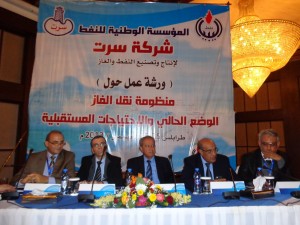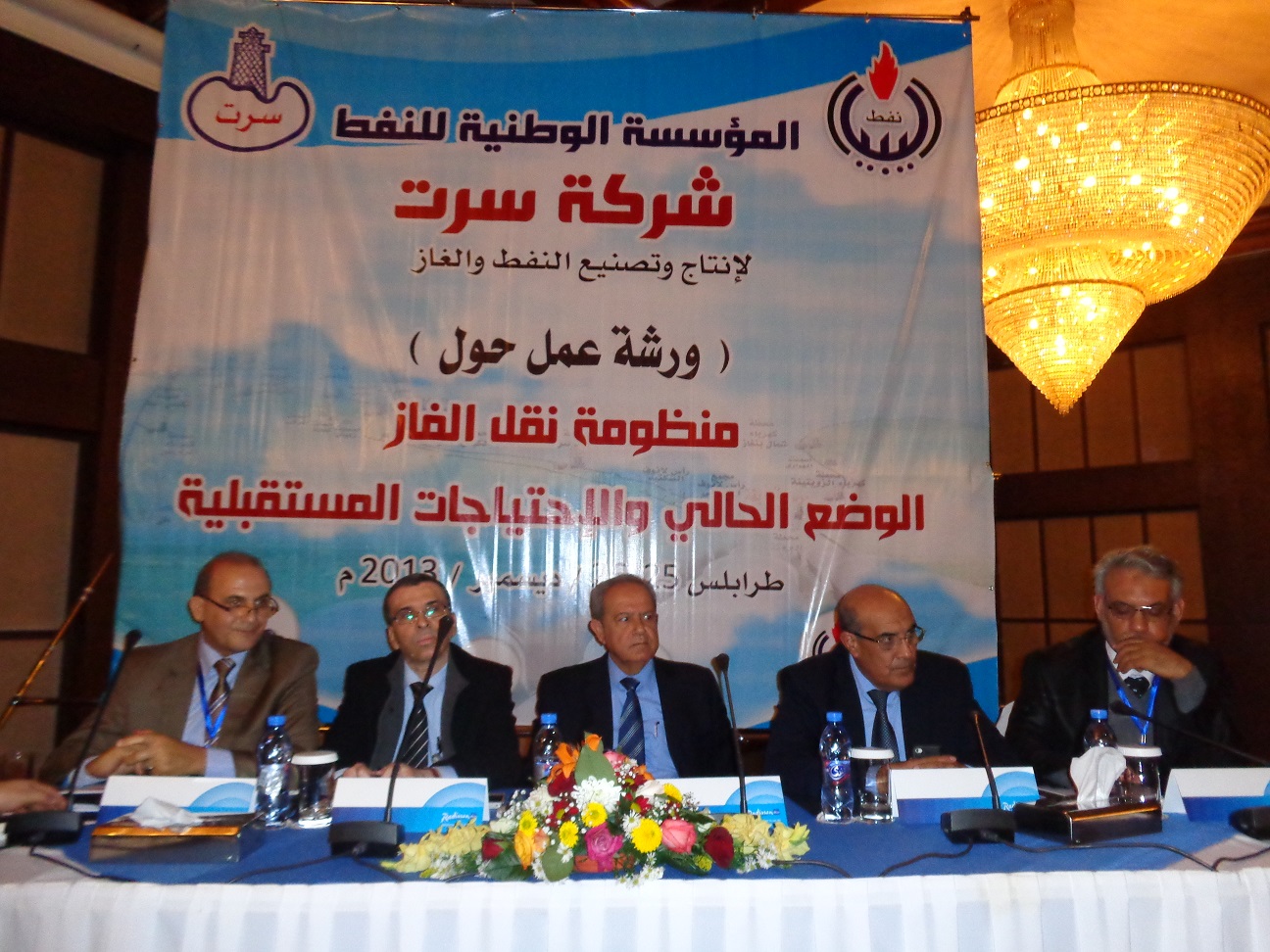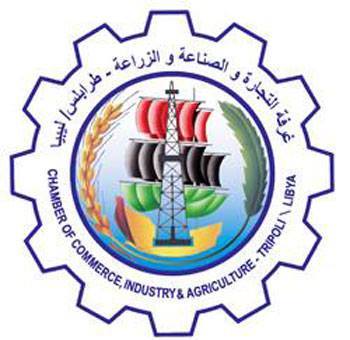By Sami Zaptia.

Tripoli, 27 December 2013:
A conference was held on Wednesday in Tripoli organized by Sirte Oil Company and the NOC . . .[restrict]entitled “The Gas Transport Network – the present and future needs”.
The two-day conference looked at Libya’ present gas distribution and consumption as well as its future needs. An introduction to the present pipe network delivering gas to all the main users and consumption centres such as electricity stations and the Libyan Iron and Steel company in Misrata (LISCO), was made.
In response to comments about the problems of gas delivery to power stations from a GECOL engineer, NOC head Nuri Berruein said “We are facing many technical and other problems such as employee issues and the various conflicts which are disrupting supplies. Also because of the security situation, some sites are not working currently.”
However, allaying fears of shortages of gas supplies for future power generation, the NOC head said that there were “numerous likely new sources of large gas supply being explored and on the verge of being developed” such as the Fara field which could produce 160 million cubic feet and that AGOCO was also exploring gas fields in the Hamada Hamra region.
He estimated that these would take about two years to develop, but felt that” by 2020 Libya would have a gas surplus”.
Regarding the current gas distribution network, Burreuin admitted that it was old and needed upgrading, and that there is a committee studying this.
The NOC head confirmed that Libya had the “potential to produce large quantities of shale gas”. He accepted that Libya did not have enough experience in this field yet, but added that Libya would acquire this experience.
He explained that the development of shale sources are more expensive, consume large quantities of water and cause more environmental stress.
Ultimately, while the NOC head admitted that there were gas delivery problems to GECOL in the short term, he was confident that there were large gas reserves for long term supply.
He hoped that after security stabilizes in Libya and the situation at power stations stabilizes, supplies would also stabilize and that there would be no long term issues. [/restrict]









